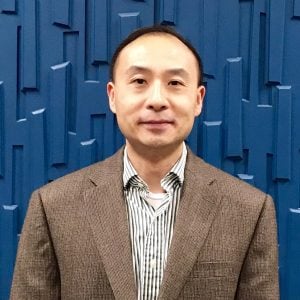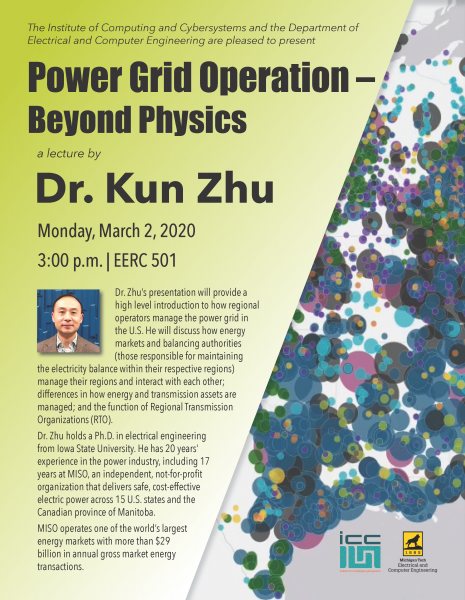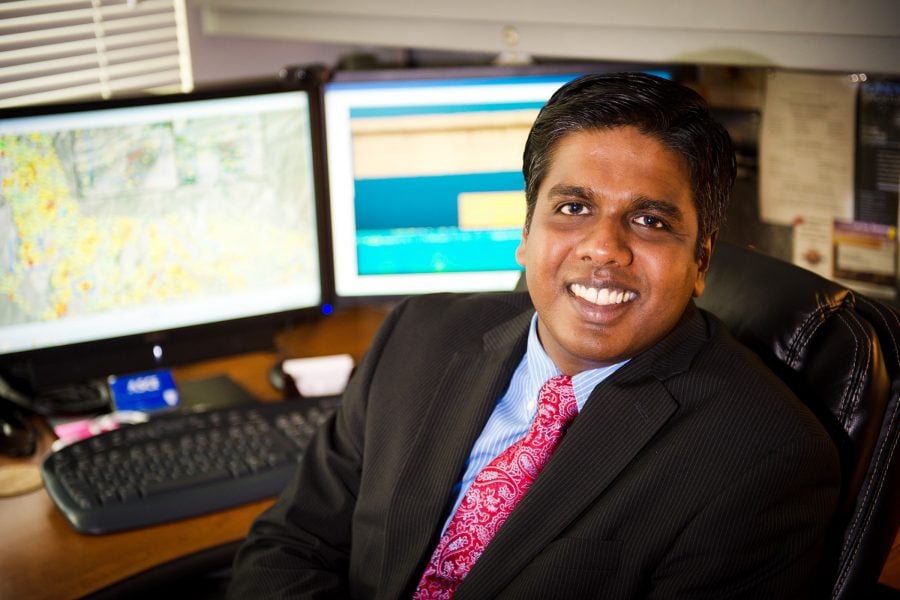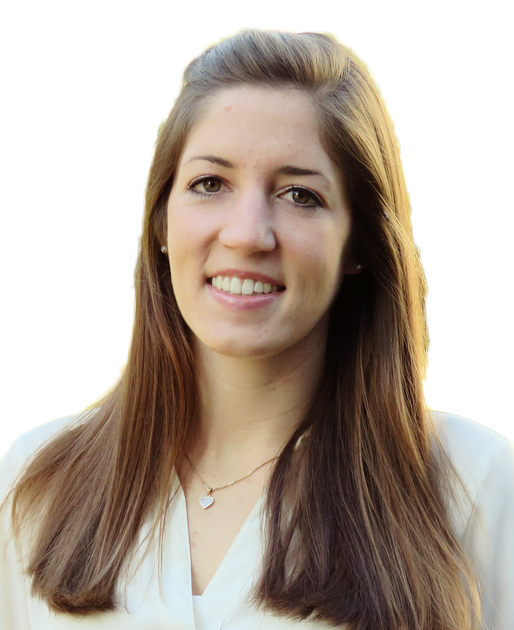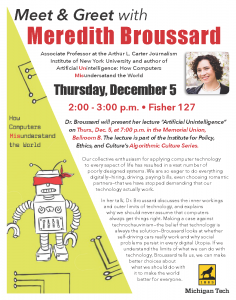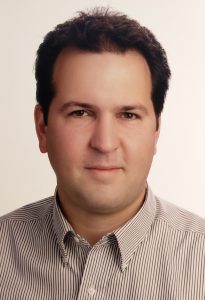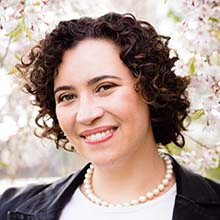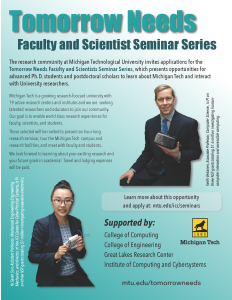
The Graduate Student Government (GSG) Professional Development Committee has organized a free webinar series in Computer Programming, which begins Tuesday, July 14, 2020.
July 14: “Introduction to Machine Learning with Python,” by Timothy Havens (CC)
July 15: “Managing Data” (Data Mining)” by MS Data Science candidate Sneha Nimmagadda
July 16: “Introduction to Deep Learning,” by Timothy Havens (CC)
Seats are not limited, but participants are asked to register so webinar organizers know how many attendees to expect.
Find more information, including links to register and join Zoom meetings, visit the GSG website.
